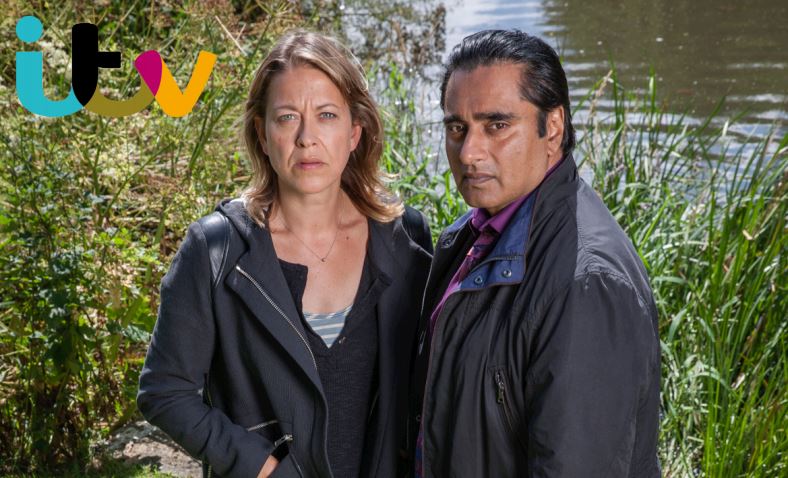Unforgotten

Who are we to decide the law? By Graham Nicholls
I have just finished watching the excellent drama Unforgotten on ITV, starring Nicola Walker and Sanjeev Bhaskar. The acting was superb, with a plot that developed through the episodes and kept you on the edge of your seat.
The story – and here come some plot spoilers – begins with an historical murder enquiry that turns up the stories of three individuals who were sexually abused as children. When these characters meet as adults in a psychiatric ward they share their stories and devised and hatch a plot to murder their abusers on behalf of each other in a way that should leave each with a solid alibi. By the time the investigation begins they are much older and are all now working in professional jobs as a teacher, a defence lawyer and a cancer nurse. But they all share this dark secret.
The terrible horror of child sex abuse
The drama conveys powerfully and painfully the lifelong physical and mental damage caused by the sexual abuse of children by people they trusted, and in some cases loved. We are right to feel a sense of horror and revulsion because it is an attack on humans, and the most vulnerable at that – and God calls us to protect the weak.
Perhaps more than many other difficult experiences, the shame, guilt and confusion caused by such abuse damages our sense of self. That must be because sex was designed by God to be an intimate experience between two adult individuals who are committed to one another in the lifelong covenant of marriage.
One can’t help wondering whether the apparent rise of child abuse such as highlighted by the Jimmy Saville and Rolf Harris cases are, in part, the consequences of the sexual revolution of the late 20th century. Of course, in God’s common grace, few who advocate sexual freedom condone or commit child abuse, but once the boundary lines of God’s perfect design have been removed the issue becomes simply one of what society would be willing to accept, rather than one of absolute morality. Society asks, what is the good and loving thing to permit? But are we capable of making such judgements?
The danger of moral relativism
Near the end of the programme, the detectives decide not to prosecute the offenders, arguing that they have suffered enough already and, anyway, imprisonment would not help them or deter them. These detectives rise above the law to decide for themselves that they know better than the lawmakers. Three murders have been committed, but that law can be ignored because, relative to the abuse the perpetrators suffered, it was not so bad. You can understand and sympathise with their position, but it’s a dangerous and impossible dream to imagine that we know enough to make moral judgments without reference to external law – to decide what is right and wrong relative to the circumstances.
It also is a parable of how we often view God. He has said that by nature our hearts are sinful. But we like to justify our thoughts and actions and say that we are not as bad as other people, and especially we are not like mass murderers or paedophiles. We know what is right and wrong. We also believe that, from our vantage point, we have a better view than God of which of his rules are fair and good. With breath-taking arrogance we believe that we see things more clearly than the maker of the universe whose eyes see all of the world and all of time.
The first chapter of the Bible tells us that God created the whole world out of nothing. He is the first cause and designer. Nobody set the rules for him. As such, he knows what is best for his creation, and he is the only one qualified to lay out the rules. And his rules are good – they are for our best. From our fallen vantage point, we might think that the rules are flawed, but when we break God’s laws, sooner or later it becomes clear that that was to our harm. Maybe we are starting to see repercussions of the sexual revolution that at the time we wouldn’t have foreseen. We need laws that reflect God’s word, but more than that, we need to bow to the good lawmaker.
